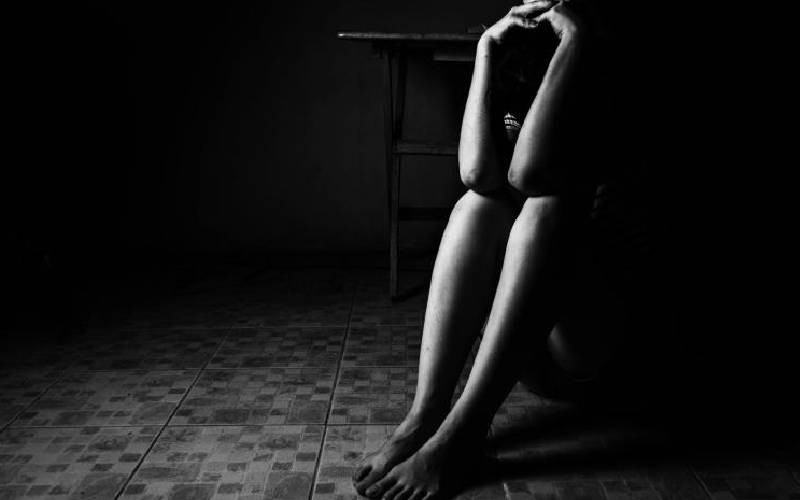×
The Standard e-Paper
Join Thousands of Readers

Audio By Vocalize

For the last 25 years, Rose Njogu*, a mother of three, has been the sole caregiver to her son who has a mental and developmental disorder.
Her firstborn son, 25-year-old Maina* (not his real name), leaves their home in Nyeri County's Gititu area in Tetu, and walks to Nyeri town where he spends the day roaming the streets.

